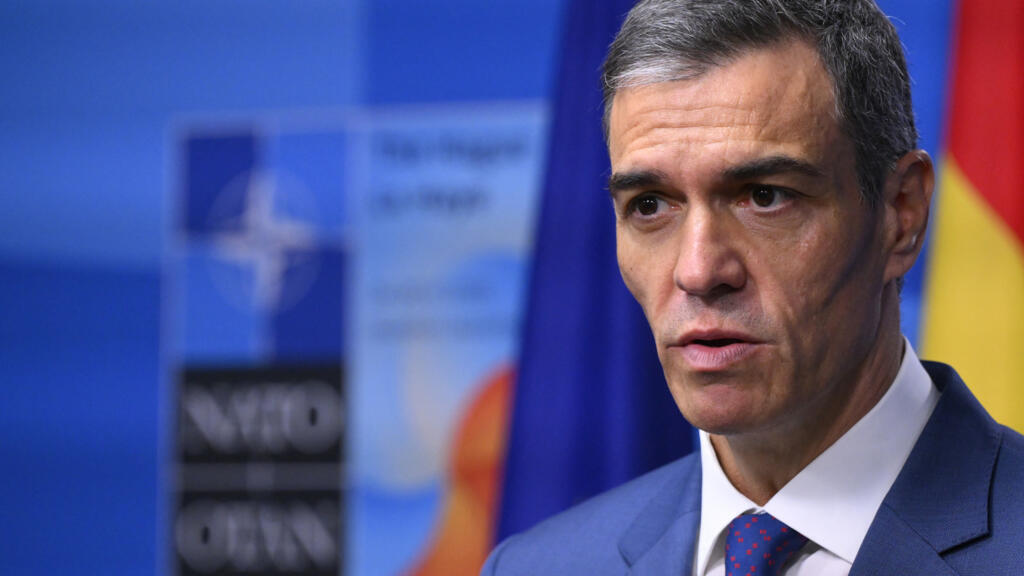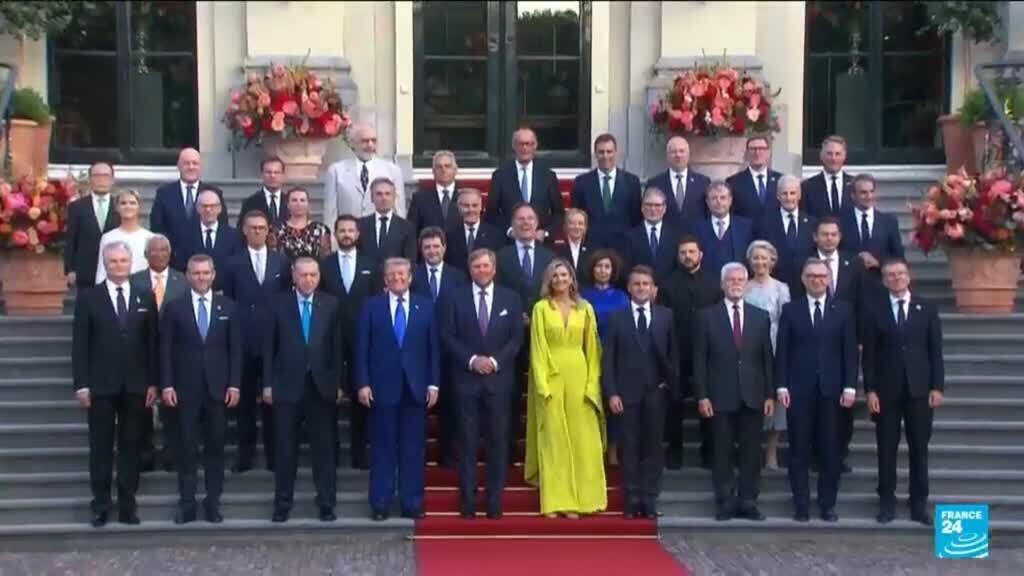In a recent report from Madrid, FRANCE 24 correspondent Sarah Morris covered the aftermath of the two-day NATO summit held in the Netherlands. Spanish Prime Minister Pedro Sanchez concluded the summit without making a firm commitment to the alliance's defense spending target. This target calls for NATO members to increase their defense budgets to 5 percent of their gross domestic product (GDP), a demand strongly endorsed by former U.S. President Donald Trump.
During the summit, the topic of defense spending dominated discussions among NATO allies, with many echoing the necessity of reaching the 5 percent benchmark. However, Sanchez's stance appeared to diverge from the consensus, as he emphasized that Spain would pursue its own approach to achieving the associated spending goals. This statement has raised suspicions among political observers and analysts.
Insiders have speculated that Sanchez may have agreed in principle to the new spending rate during closed-door discussions but opted to convey a more ambiguous position to avoid backlash from his left-wing coalition partners. The Spanish leader's coalition government includes parties that prioritize social policies over military spending, making the issue sensitive within the domestic political landscape.
The conflicting narratives surrounding Sanchez's commitment to the NATO spending target have led to debates about the future of Spain's defense policy. While NATO's overarching goal is to bolster collective security among member states, Spain's commitment will largely depend on the balancing act Sanchez must perform between satisfying international obligations and appeasing domestic political factions.
The NATO summit underscored the urgency for allied countries to fortify their military capabilities in response to evolving geopolitical threats. Nonetheless, Spain’s approach under Sanchez suggests a focus on gradual adjustments rather than an immediate leap to the proposed spending levels. This path reflects the continuing tension within NATO as members navigate their individual capacities and priorities.
In essence, Sanchez's comments and the reactions from his government highlight the complex dynamics of international military commitments amid domestic political realities. His administration’s strategy seems to be an indication of how Spain will redefine its role within NATO while balancing internal pressures. Going forward, it remains to be seen how Spain intends to reconcile its defense spending with the established expectations of its NATO allies.












